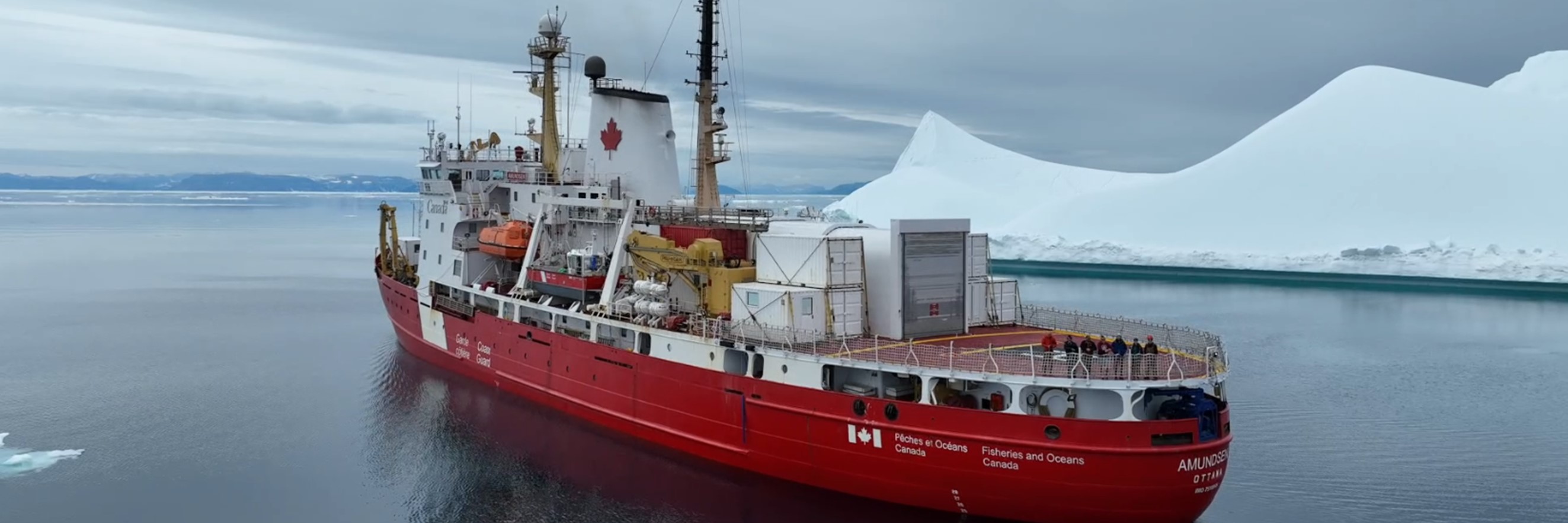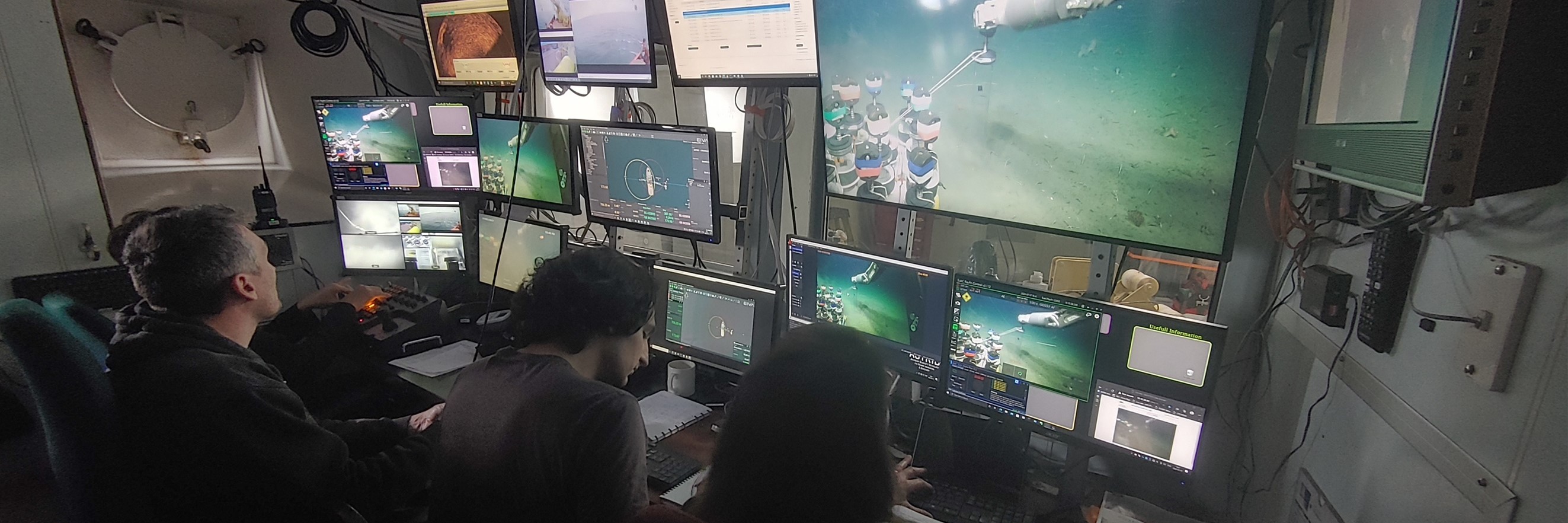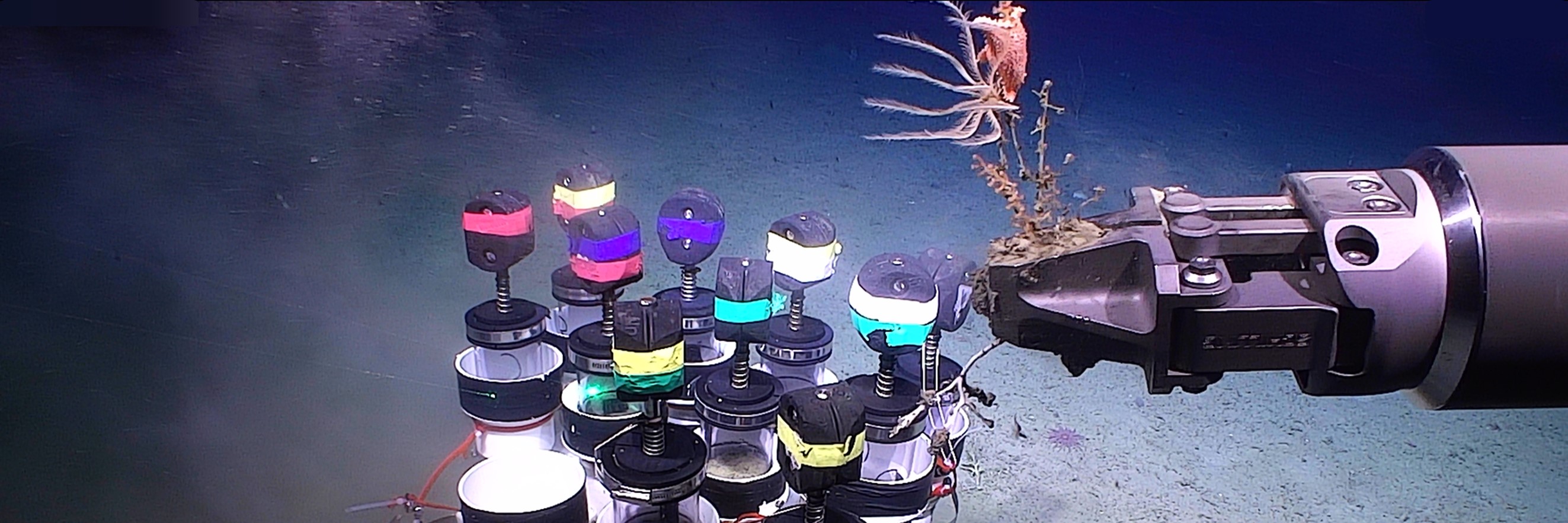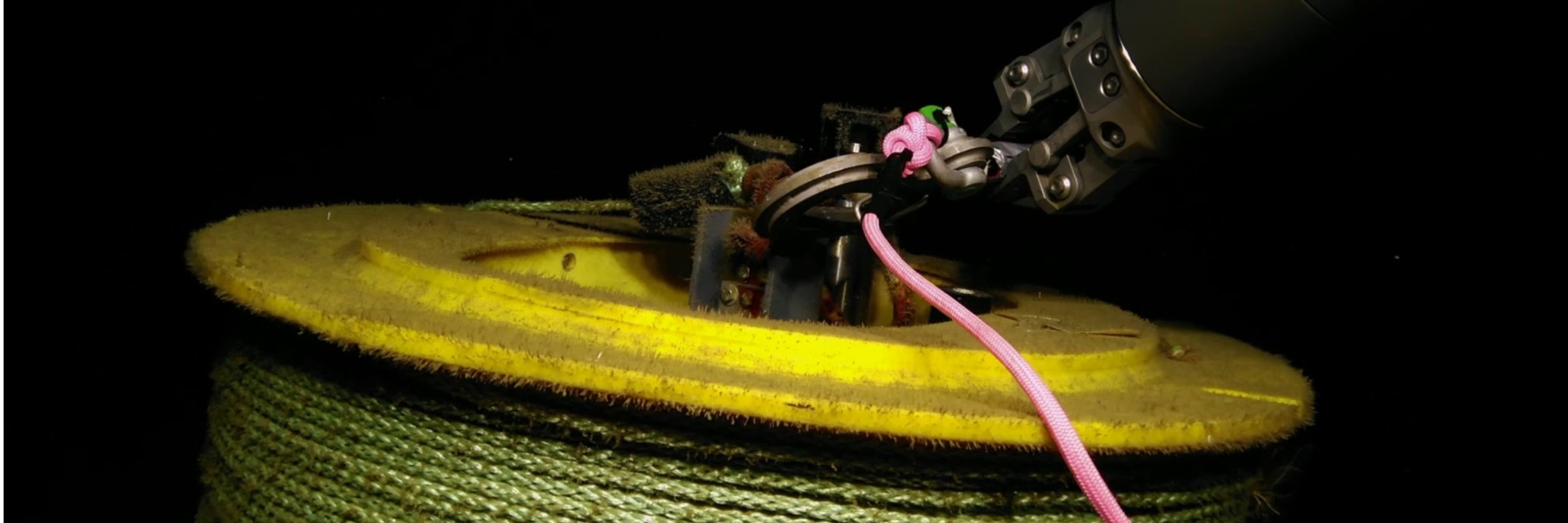
Contract Work Piloting the ASTRID ROV
CCGS Amundsen July 13 – August 10, 2023
From July 13 – August 10, 2023, 3 CSSF team members supported Amundsen Science in piloting the CCGS Amundsen’s ROV, ASTRID (Amundsen Science Technology for Remote Innovation and Discoveries).
The 2023 Amundsen expedition had 4 legs. Our work was performed on Leg 1 ‘Imappivut’, which took place along the continental shelf of the Labrador Sea between St. John’s (Newfoundland and Labrador) and Iqaluit (Nunavut) Canada. The expedition was led by the Nunatsiavut Government, Fisheries and Oceans Canada (DFO-NL), the Marine Institute of Memorial University and the Geological Survey of Canada and included collaborators from other national and international institutions. Four programs were planned to run during Leg 1, the 1) Imappivut initiative, 2) DFO Benthic Refuges Program, 3) community-based acoustic monitoring program near Clyde River and 4) Ittaq program; however, some of the work in Baffin Bay was restricted due to sea ice conditions. Some of the goals of the Imappivut and DFO Benthic Refuges programs included exploring ecologically important areas, such as potential biodiversity hot spots and a recently discovered cold seep habitat. Select scientific objectives would not have been able to be completed without an ROV, including the collection of targeted sediment using ASTRID’s push cores, non-invasive biological sampling and video survey along vertical walls.


CSSF’s team members conducted sea trials for 1 week and performed a total of 9 dives with ASTRID to a maximum depth of 902 m. They guided ASTRID through tasks at 5 main study sites: Makkovik Bank, northeast Saglek Bank and other locations in Hatton Basin, Davis Strait and Frobisher Bay, where they ran several exploratory video transects, collected sediment samples using ASTRID’s push cores and performed collection of corals, sponges, other invertebrates, and microbial mats. CSSF’s team members faced challenges in piloting, due to the strong water currents of ~5 cm·s-1. In addition to scientific objectives, one task was to recover an important mooring in these challenging conditions. To prevent damage to ASTRID, the ship was to remain completely stationary. This involved a steady and careful coordination between the ROV team and the crew of the CCGS Amundsen. Despite the restrictions in the ROV’s movement, our team members were able to clip a rope reel to the front of ASTRID and successfully recovered the mooring!
CSSF assisted in the purchase of ASTRID in 2019 and has proudly been involved with Université Laval’s ROV operations for over a decade!
For more information on the science initiatives, please see the Expeditions and Research Highlights sections on the Amundsen Science website and a recent scientific publication about the discovery of the Makkovik coral hanging gardens:
Cote, D., B. M. Neves, J. Angnatok, W. Bartlett, E. N. Edinger, L. Gullage, R. Laing, A. Normandeau, V. E. Hayes, O. A. Sherwood, and M. Geoffroy. 2023. Local ecological knowledge and multidisciplinary approach lead to discovery of hidden biodiversity in the deep ocean of Labrador, Canada. Ecology and Society 28(4):4.

